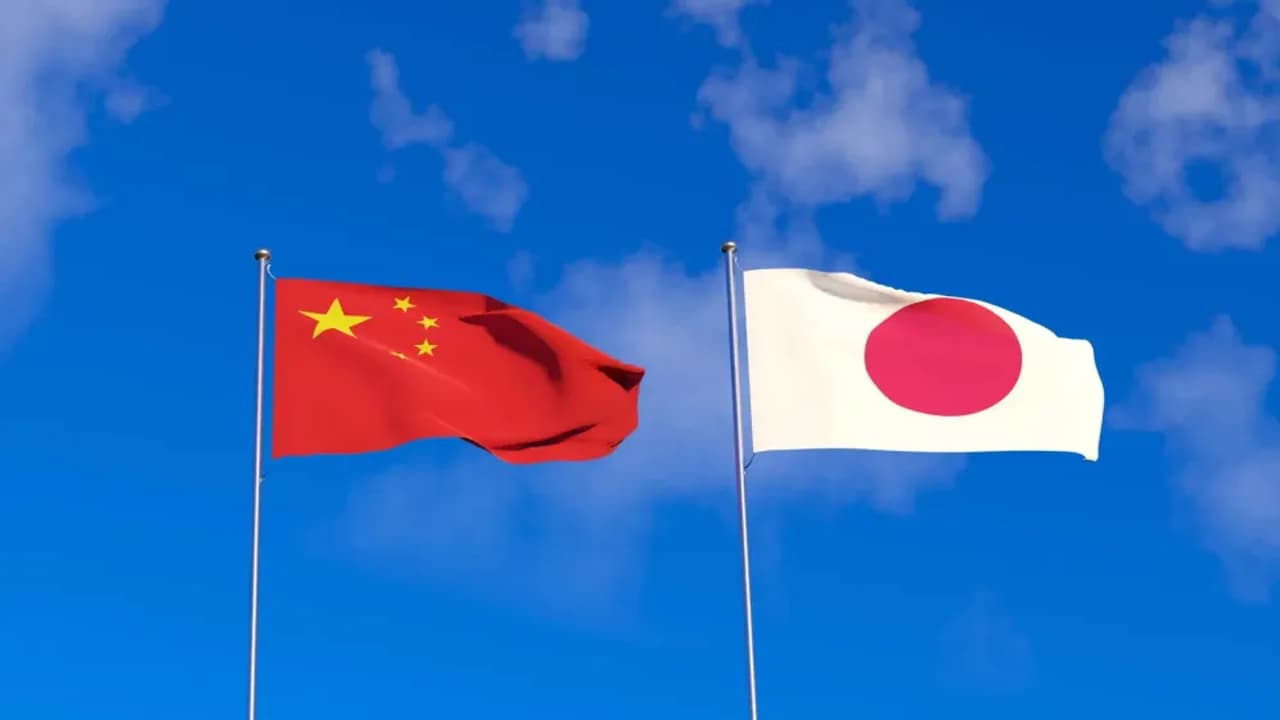A high-level delegation headed by Tetsuo Saito, chief of the ruling Liberal Democratic Party's junior coalition partner, will deliver a letter to Xi Jinping during a three-day visit, beginning on Tuesday.
Japanese Prime Minister Shigeru Ishiba will reportedly contact his Chinese counterpart Xi Jinping a day after confirming in parliament that the island nation would not buckle under U.S. pressure on tariffs.

Bloomberg reported that a high-level delegation headed by Tetsuo Saito, chief of the ruling Liberal Democratic Party's junior coalition partner, will deliver the letter to Xi during a three-day visit beginning on Tuesday.
The report said Saito will also meet with Liu Jianchao, the head of the Chinese Communist Party's International Department, and other dignitaries.
The visit assumes importance as China sent a strong message to its trading partners on Monday against cozying up to the U.S. to the detriment of its interests.
Japan is precariously positioned in the trade war between the U.S. and China.
The report said that while China is Japan's biggest trading partner, accounting for 20% of the latter's trade, the U.S. is the island country's sole formal security ally.
President Donald Trump's administration has imposed a hefty 245% levy on Chinese imports, ratcheted up from the aggregate 74% announced on April 3 as part of the broad moves against all trading partners.
The hike followed China's lock-stepping with the U.S., leading to moves and countermoves.
The White House has paused the implementation of tariffs for 90 days for most nations to provide time for negotiating bilateral trade deals.
Japan and the U.S. began negotiations in Washington last Wednesday, but the Japan Times reported that no significant progress had been made.
The Asian nation's chief tariff negotiator, Ryosei Akazawa, reportedly stated that the yen's exchange rate — a bone of contention between the two countries — was not discussed.
Based on the briefing from the negotiating team, Prime Minister Ishiba said, "Negotiations going forward won't be easy, but President Trump said he intends to position talks with Japan as a top priority."
According to World Bank data, Japan is an export-heavy nation, with exports of goods and services accounting for more than one-fifth of the country's GDP.
Japanese firms are already feeling the heat of the tariff imbroglio. A separate Bloomberg report said a Japanese finance ministry survey conducted from April 9-15 with 518 companies showed that about 10% said tariffs have impacted their businesses, with a bigger hit likely if there is no resolution in the near term.
Auto companies reported order cancellations, with one suggesting cut in hours for factory workers. Tourism companies are raising the prospect of a drop in inbound visitors if the yen strengthens.
The U.S. Dollar index settled at a fresh 3-year low on Monday amid fears of a recession in the U.S. It has moved sideways since then.
Bloomberg said that Katsunobu Kato, Japan's Finance Minister, will meet with U.S. Treasury Secretary Scott Bessent this week as he travels to Washington to attend the G20 meeting.
The iShares MSCI Japan ETF (EWJ), an exchange-traded fund that tracks the investment results of an index composed of Japanese equities, ended Monday down 0.22% at $67.92.
The EWJ ETF has gained 1.2% since the start of 2025, outperforming the SPDR S&P 500 ETF (SPY) and the Invesco QQQ Trust (QQQ) ETFs, which have declined over 12% and 15%, respectively.
For updates and corrections, email newsroom[at]stocktwits[dot]com.<
